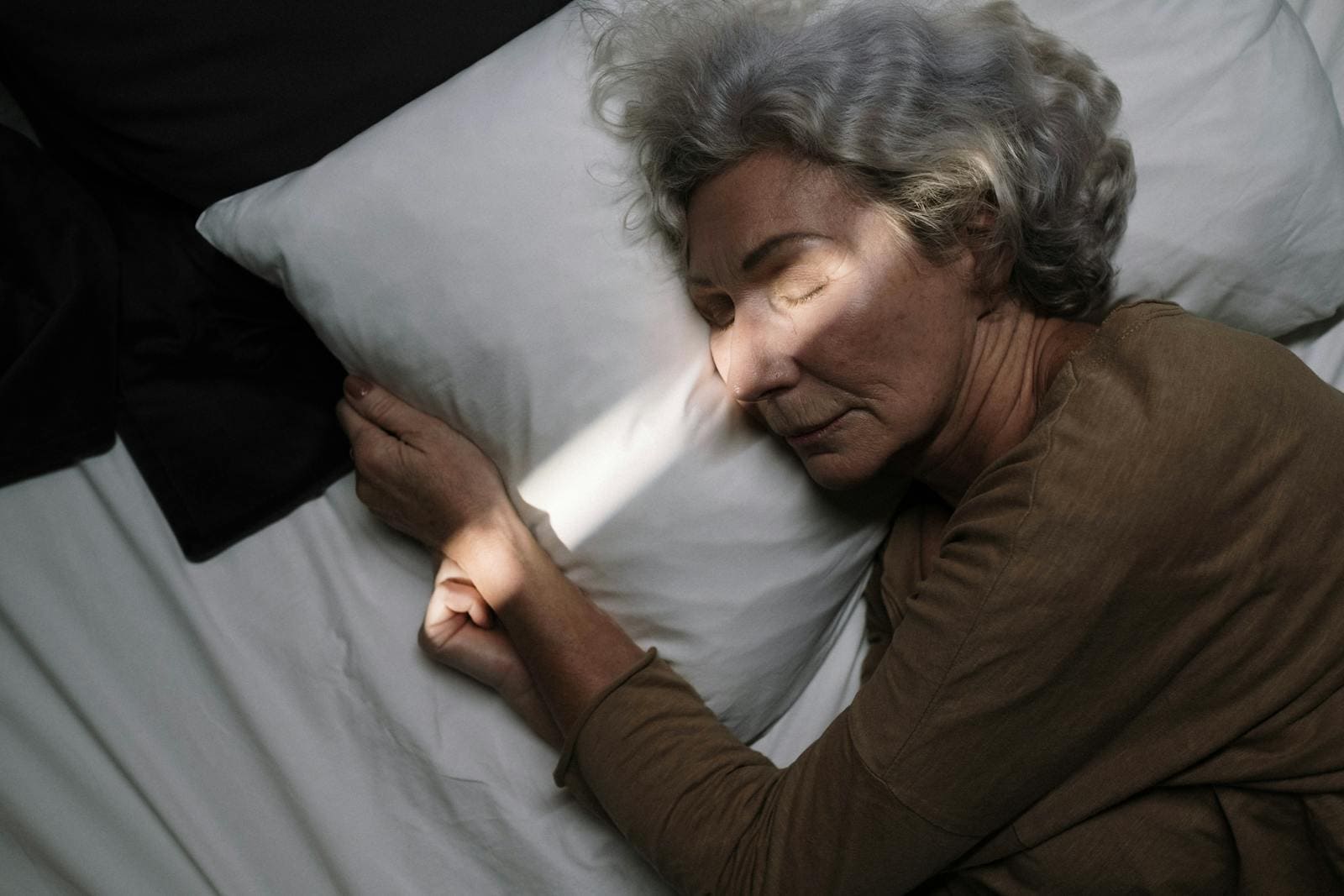Rheumatoid arthritis (RA) is a chronic autoimmune condition that causes inflammation, pain, and joint stiffness. While medication and other treatments are essential in managing RA, recent research has highlighted the crucial role of sleep in regulating the body’s immune system and controlling inflammation. Poor sleep hygiene can contribute to increased pain and disease activity in patients with RA.
Sleep plays a vital role in maintaining the immune system’s balance and keeping inflammation in check. When a person with RA experiences sleep disturbances, such as insomnia, their body’s inflammatory response can become overactive, leading to increased sensitivity to pain. This vicious cycle of poor sleep and excessive inflammation can worsen RA symptoms and make it more difficult for patients to manage their condition effectively.
The connection between sleep and inflammation is complex, involving multiple biological mechanisms. The central nervous system communicates with the immune system through various pathways, including hormones and nerve signals. When these pathways are disrupted due to poor sleep, the body’s ability to regulate inflammation is compromised.
Given the significant impact of sleep on RA symptoms, patients and healthcare providers need to prioritize sleep hygiene as part of a comprehensive treatment plan. Sleep hygiene refers to the habits and practices that promote healthy, restful sleep. Some critical components of good sleep hygiene include:
- Maintaining a consistent sleep schedule
- Creating a comfortable sleep environment
- Avoiding stimulating activities before bedtime
- Limiting caffeine and alcohol consumption
- Engaging in relaxation techniques, such as deep breathing or meditation
By adopting these healthy sleep habits, patients with RA may be able to reduce their risk of developing insomnia and other sleep disturbances. In turn, this can help to control inflammation better and minimize pain and other symptoms associated with the disease.
In addition to promoting good sleep hygiene, researchers are also exploring other strategies for reducing inflammation and improving sleep in patients with RA. For example, some studies have suggested that certain medications or supplements may help to regulate the body’s inflammatory response and promote more restful sleep.
As our understanding of the complex relationship between sleep, inflammation, and RA continues to grow, new prevention and treatment strategies are likely to emerge. By addressing sleep disturbances and reducing the magnitude of the inflammatory response, healthcare providers can help patients with RA achieve better pain control and improved overall disease management.
In conclusion, sleep hygiene plays a critical role in managing pain and inflammation in patients with rheumatoid arthritis. By prioritizing healthy sleep habits and exploring new strategies for reducing inflammation, patients and healthcare providers can work together to improve outcomes and enhance the quality of life for those living with this challenging condition.

